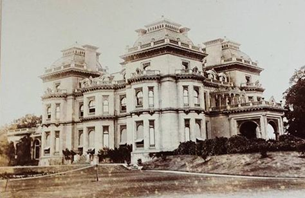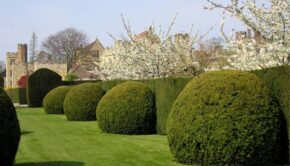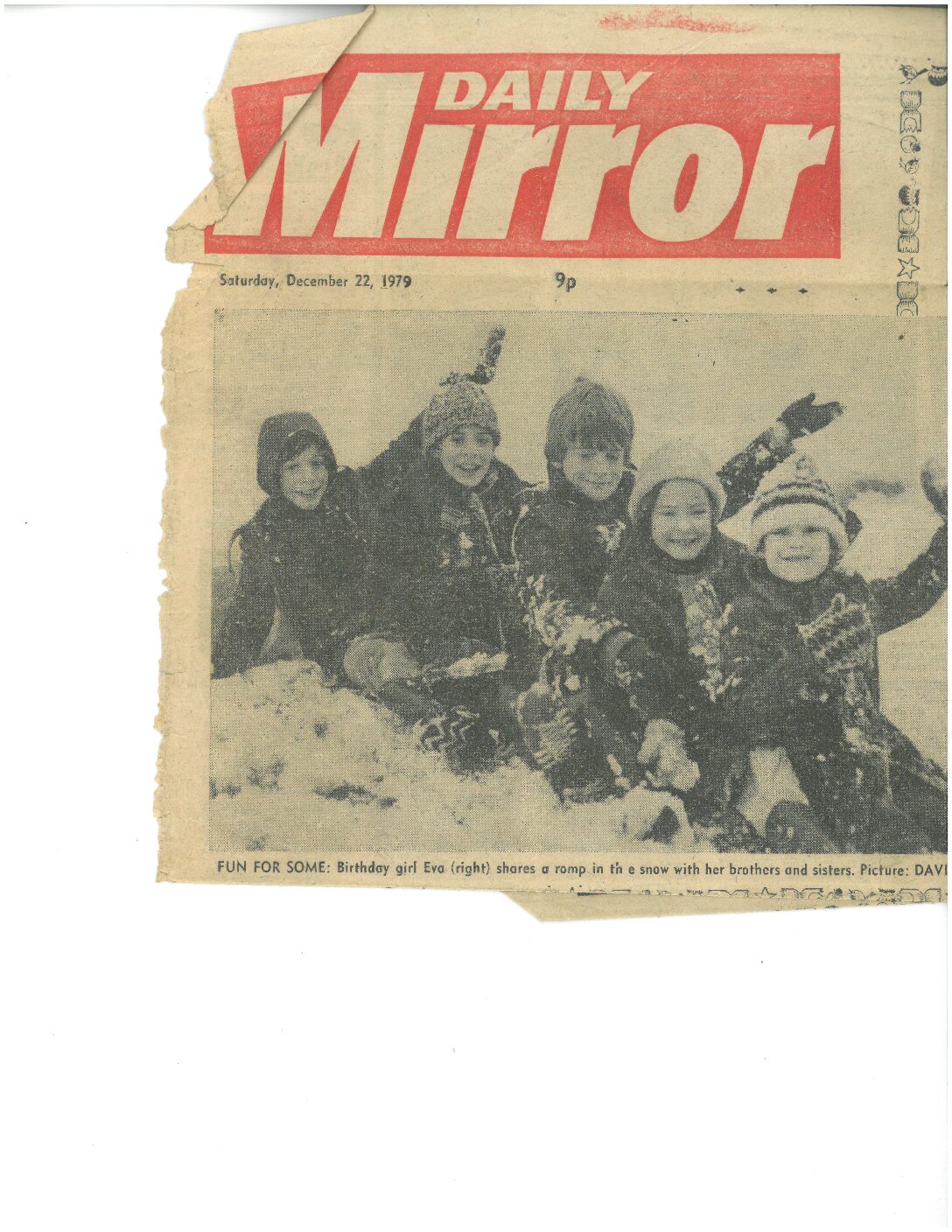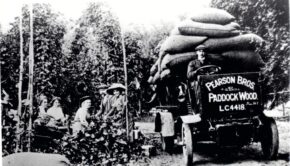REMEMBERING ST PETER’S 1917 – 1953
We had the Thrift Club where people paid in as much as they could afford whenever they liked, and the money was paid out at Christmas. We also had the Slate Club where people put money in regularly every Friday and could withdraw it in times of illness, or whenever they needed it throughout the year. All pubs ran clubs of some sort in those days when there was no such thing as sickness benefit. Each club had a secretary, who took the subscriptions and kept the books, and sometimes the secretary disappeared with the money, especially just before Christmas. We had that happen to us once, but we were lucky. Mr Collins, a rich man who lived at Dunorlan, let us have the money, otherwise, there wouldn’t have been anything to pay out.
At Christmas time we decorated the place – just a bit of holly and mistletoe, nothing elaborate. We were quite busy on Christmas mornings and had to wait for our dinner until after closing time. When I was old enough, about fourteen, I took over cooking the dinner.
We didn’t get big presents, not like they do today. Men would perhaps get some tobacco or a cigarette case, ladies would get a trinket or an ornamental glass dish, something like that. Children would get an orange and some nuts in their stocking, and a pink sugar mouse that always poked his head out of the top. We didn’t get many toys and if we were given games we had to share. On Boxing Day we spent the evening next door with May Tappenden, the local music teacher, and her parents.
There were no gas or electric fires then; we had to open coal fires or oil fires – Valor lamps. We had all the old bar games, shove-ha’penny, bar skittles, and dominoes. The men played cribbage – and, of course, darts. We had no regular music, you had to have a license for that, but sometimes a customer would play the piano for us.
In the 1920s people didn’t have holidays as they do today. They went for days out, maybe with the Equitable if they belonged to it, or on Sunday school outings. Dad went out every Sunday afternoon. He had a brother and a cousin who both ran pubs and he hired a taxi and went to visit them, otherwise he rarely got away. Edie and I were lucky. One year in the late 1920s she went away with May Tappenden for a week to Cliftonville, near Margate, and another year May took me.
We were quite well off for entertainment in the town. London shows sometimes came down to the Opera House for a short season, sometimes local dramatic societies put on their own shows there. And there was always a pantomime at Christmas put on by Clarkson Rose. That was very popular. There were three cinemas: the Kosmos, which we called ’the fleapit’, and the Ritz, which changed its name to the Esoldo. That was the first one to have an organ. It rose up out of the floor in front of the screen and the organist played to the audience during the interval between the ’B’ picture and the main one. The third cinema was the Great Hall. Later it became the Court School of Dancing.
To be continued…..
Edited with permission by
Joan Hamilton-Smith






Comments